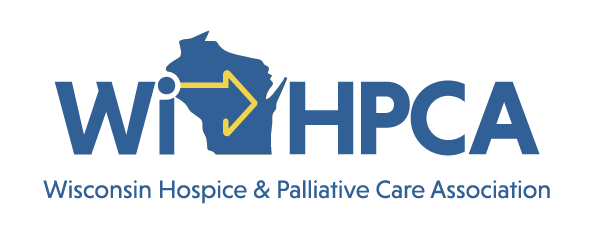On January 17, the Assembly Committee on Health, Aging and Long-Term Care voted unanimously (16-0) to recommend approval of Assembly Bill 736, which would create a state Palliative Care Council to advise the Wisconsin Department of Health Services (DHS) and provide recurring reports to the Legislature. State Representative Patrick Snyder (R-Wausau Area) and state Senator Jesse James (R-Eau Claire Area), working in conjunction with WiHPCA, introduced Assembly Bill 736, as well as Senate companion legislation (Senate Bill 703) in late 2023. Senate Bill 703 has been referred to the Senate Committee on Government Operations.
One week prior to the approval of this bill – on January 10 – the Assembly Committee on Health, Aging and Long-Term Care held a hearing on Assembly Bill 736. At this hearing, numerous individuals testified regarding this bill. In addition to state Representative Patrick Snyder (R-Wausau), who is the author of this legislation, the following individuals testified in favor of the bill:
- Danielle DiGennaro, Director of Supportive Care, Agrace
- Najmus Liang, MD, Medical Director – Wisconsin, VITAS Healthcare
- Sara Sahli, Government Relations Director-Wisconsin, American Cancer Society
- Chad Spitz, Son of a patient who received palliative care at VITAS Healthcare
- A number of letters of support were submitted from physicians, APRNs and RNs.
The primary intent of this legislation is to improve awareness of and access to palliative care. That is because there are not enough health care providers who specialize in palliative care in Wisconsin. Furthermore, there is a shortage of information on palliative care for practicing health care providers, patients, and their loved ones.
The proposed palliative care council would work with DHS on analyzing existing palliative care programs, as well as identifying ways in which health care providers could improve the quality of life for patients throughout our state. The council would be comprised of 22 members representing diverse perspectives, including physicians, nurses, a spiritual care professional, palliative care patients or family members of such patients, a health insurance company representative with expertise in palliative care, and members of the Legislature. The council would meet at least twice per year in various locations across the state.
Many other states have already taken the step of creating a palliative care advisory council or advisory group to increase awareness of access to this specialized type of care. In fact, 25 other states from coast to coast have formed such entities.
WiHPCA’s government affairs team continues to lobby the Legislature to continue to move this bill through the legislative process.
